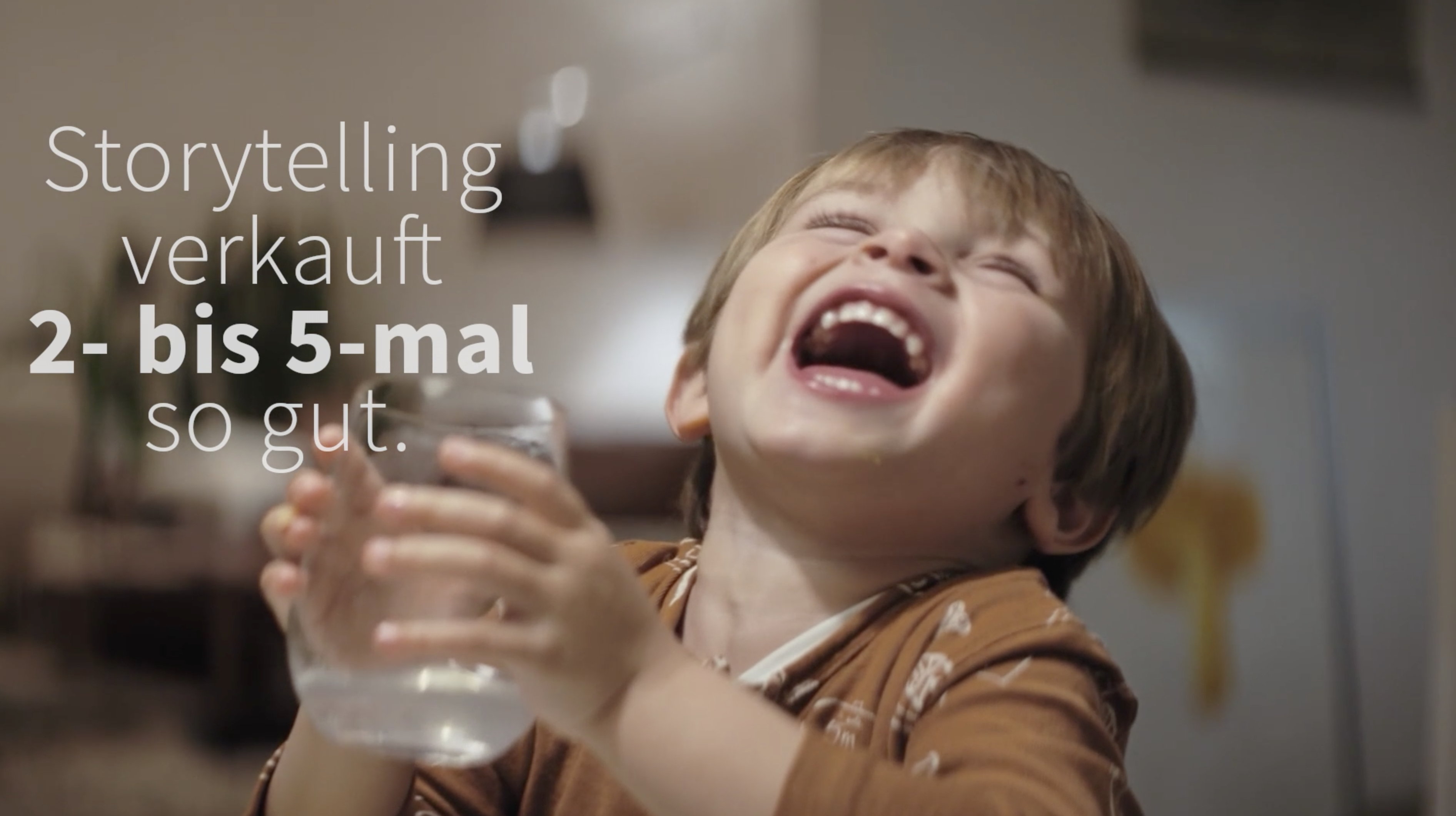
It’s Christmas time again. I look forward to it all year long. Not just for the roasted almonds, the mulled wine or the auspicious lights twinkling the way of nocturnal stargazers as they walk the cold streets, blowing little clouds of dew in front of them.
It’s the Christmas commercials that I’m as excited about as ad-savvy Americans probably are about Super Bowl breaks. They show that advertising doesn’t have to be banal, arbitrary, or even vulgar. On the contrary. It has its moments of glory when it cleverly, critically, and sensitively expresses truths that move us deep inside.
Unforgettable the legendary EDEKA commercial from 2015 #Heimkommen, in which an aged elderly gentleman sends his own obituary to gather his family around the table on Christmas Eve.
Or last year’s spot. With “Lasst uns froh und bunter sein“ EDEKA sensitively wove the Corona drama with a narrative about integration, empathy and diversity: an Islamic family cooks roast goose, red cabbage and dumplings for their cranky, lonely neighbor in the tradition of Ebenezer Scrooge, who must spend Christmas in quarantine.
This year, a spot from Penny tops my rankings. “Der Wunsch“ (“The Desire”) not to know where her son spends his nights, picking him up drunk as a skunk, heartbroken robs her of sleep. Because a teenage existence corona-sheltered in a whimsical way, without crashes, is not real life.
Because they are stories that tell us something about ourselves. About the good and the bad, about abysses and flights of fancy, about despair and happy endings. And because they speak to something in us that touches us more deeply than arguments, statistics and analyses. We all have a deep longing for stories, for heroes, role models and bearers of hope. For someone to express what moves us and tell us what is right and what we should and may believe in.
This deeply human, empathic side even shows itself physiologically. For example, neuroeconomist Paul Zak has demonstrated the release of hormones in the blood of people to whom he has shown an emotional video. Cortisol, the stress hormone, and oxytocin, the “cuddle hormone.” Oxytocin is used to induce birth, is believed to be responsible for milk injection, and is linked to mother-infant bonding. It activates the reward system, reduces stress, makes us feel positive and builds trust. And empathy.
Our biochemistry seems to correspond directly with the three elements that make a good story from Sophocles to the Brothers Grimm to Shakespeare to J.R.R. Tolkien to Joanne K. Rowling: A harmonious initial situation that is suddenly overshadowed by a challenge and then resolved in a virtuoso manner.
The narratives from the Christmas commercials described at the beginning also follow this arc of tension. For this very reason, they are great examples of strategic storytelling.
Storytelling as a cultural technique that simplifies the complex, explains contradictions, conveys values, promotes understanding, captures attention, and creates identity has long been an established marketing tool.
Good storytelling is said to significantly improve sales, recall, and the perceived value of products and services. Moreover, they involve us emotionally.
Author Thomas Pyczak says, Stories work best when they tell of a higher goal, create meaning. That PURPOSE, as it is called in marketing terminology, that every company should be looking for. This why, this meaning that guides our actions, that motivates us and our colleagues every day and that even investors demand because it increases the value of a brand.
The meaning that the Christmas commercials tell us about is probably less the purpose of the sending companies than that of Christmas itself, which they acquire through the commercials: taking time, empathizing with others, and reflecting on what is really important: togetherness, empathy, love, life. And because they appeal to this longing in all of us, they may even succeed in doing what advertising rarely does: entering our collective memory.
With this in mind, enjoy the holiday season and soak up the wonderful stories that come your way.